Back to Courses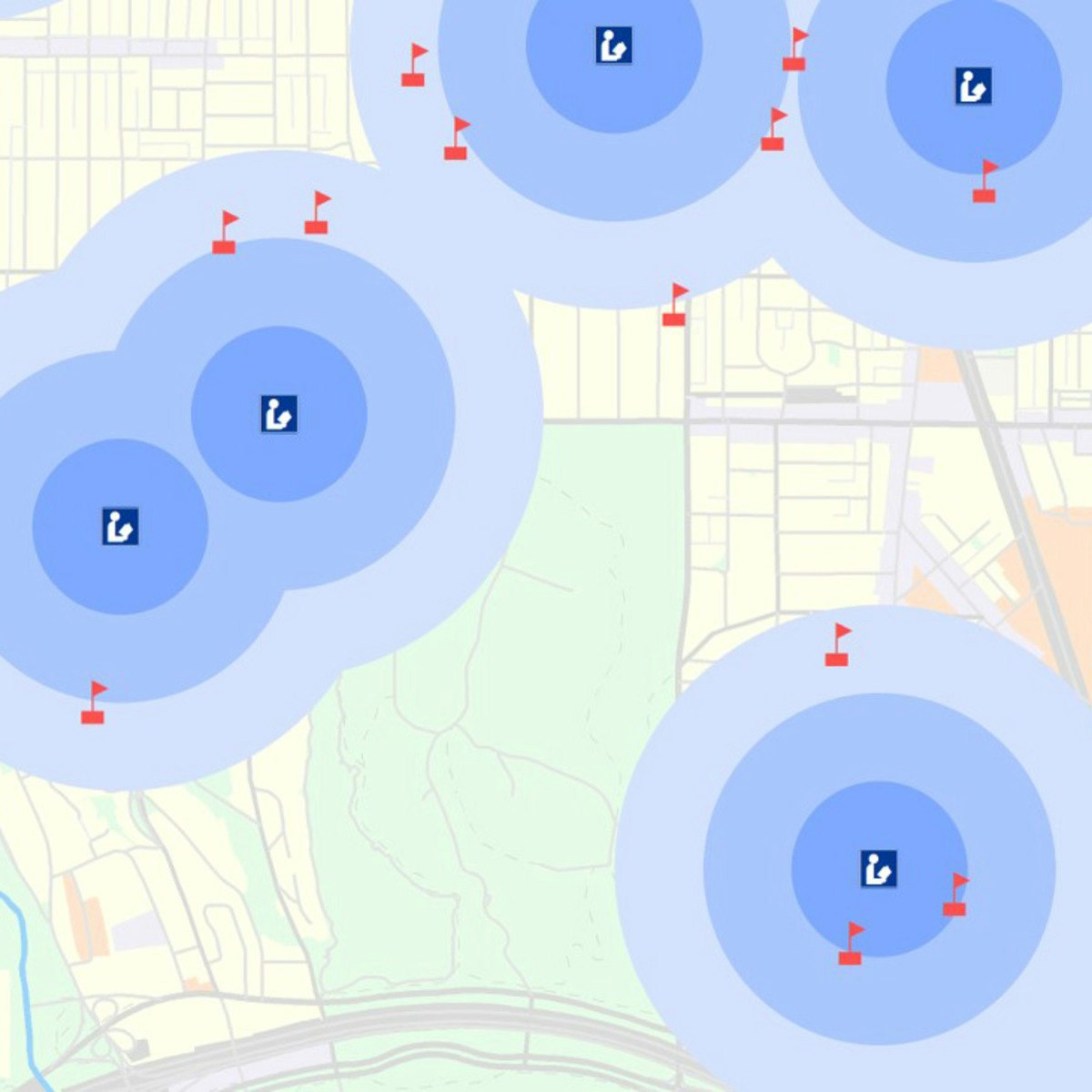

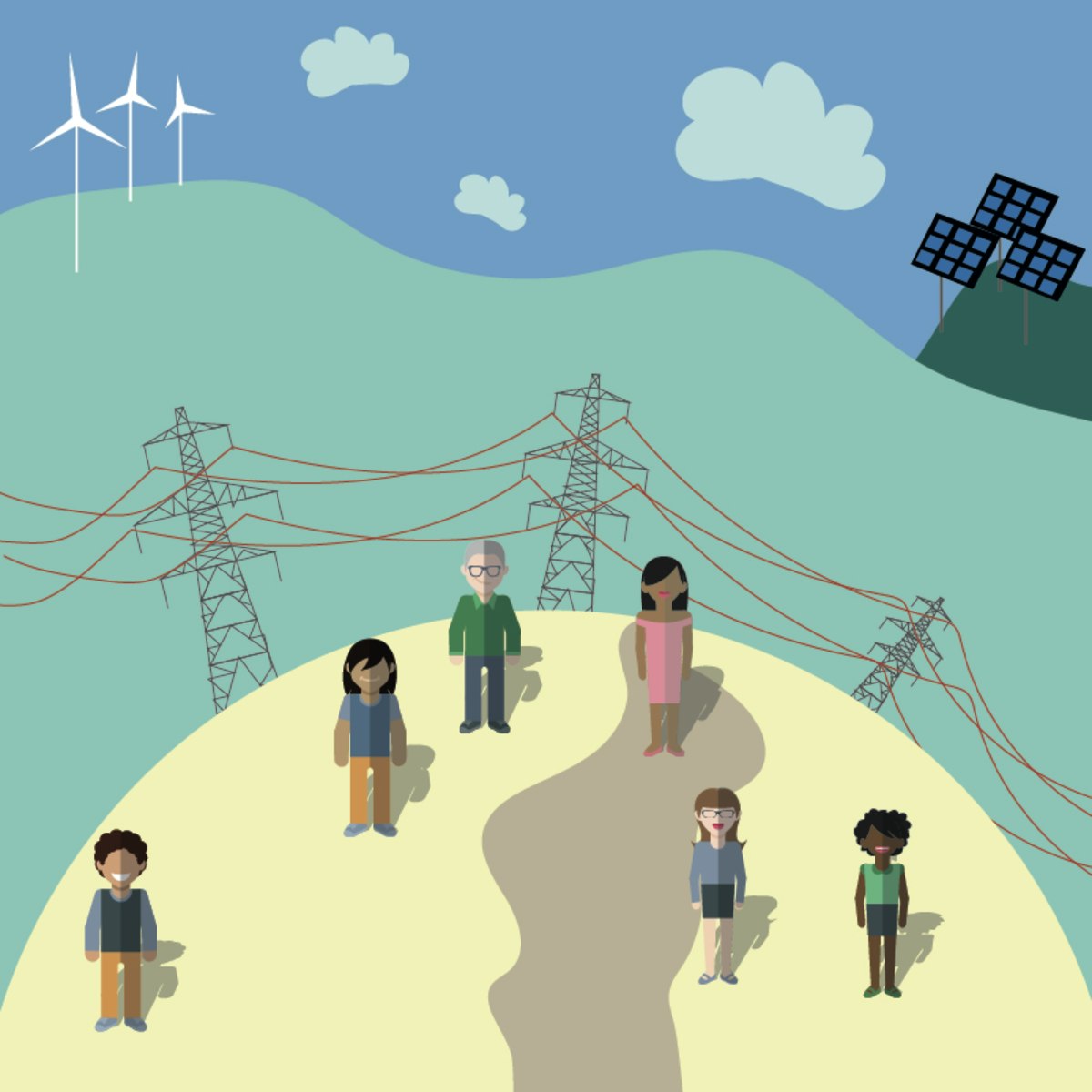
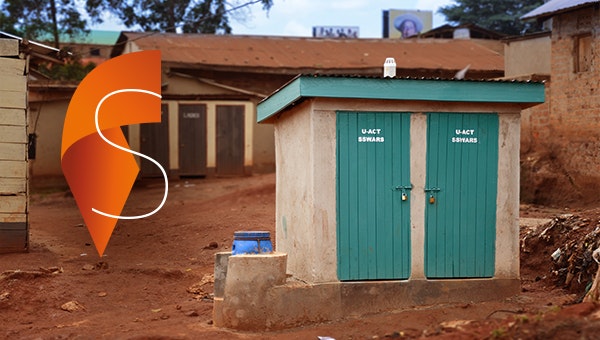
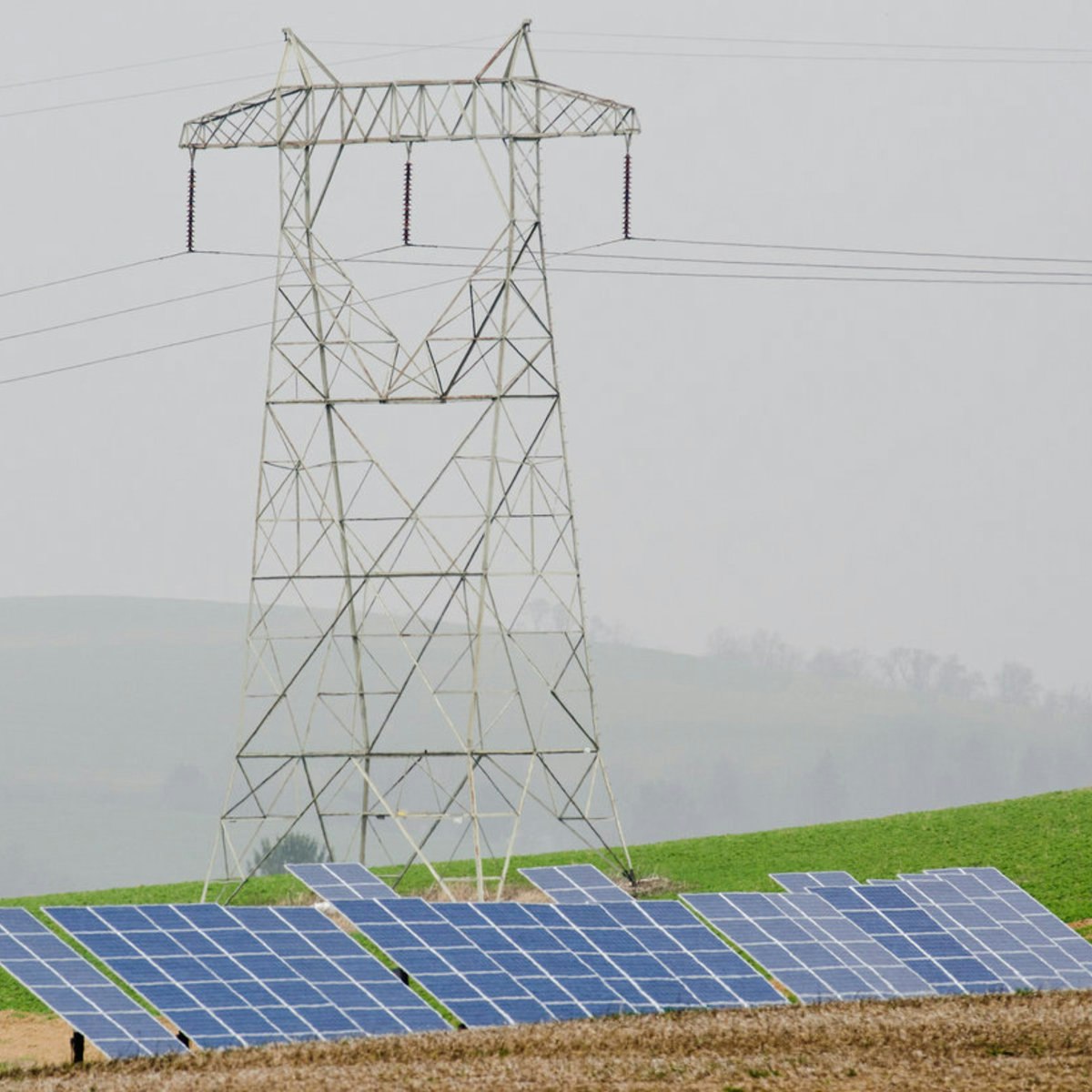
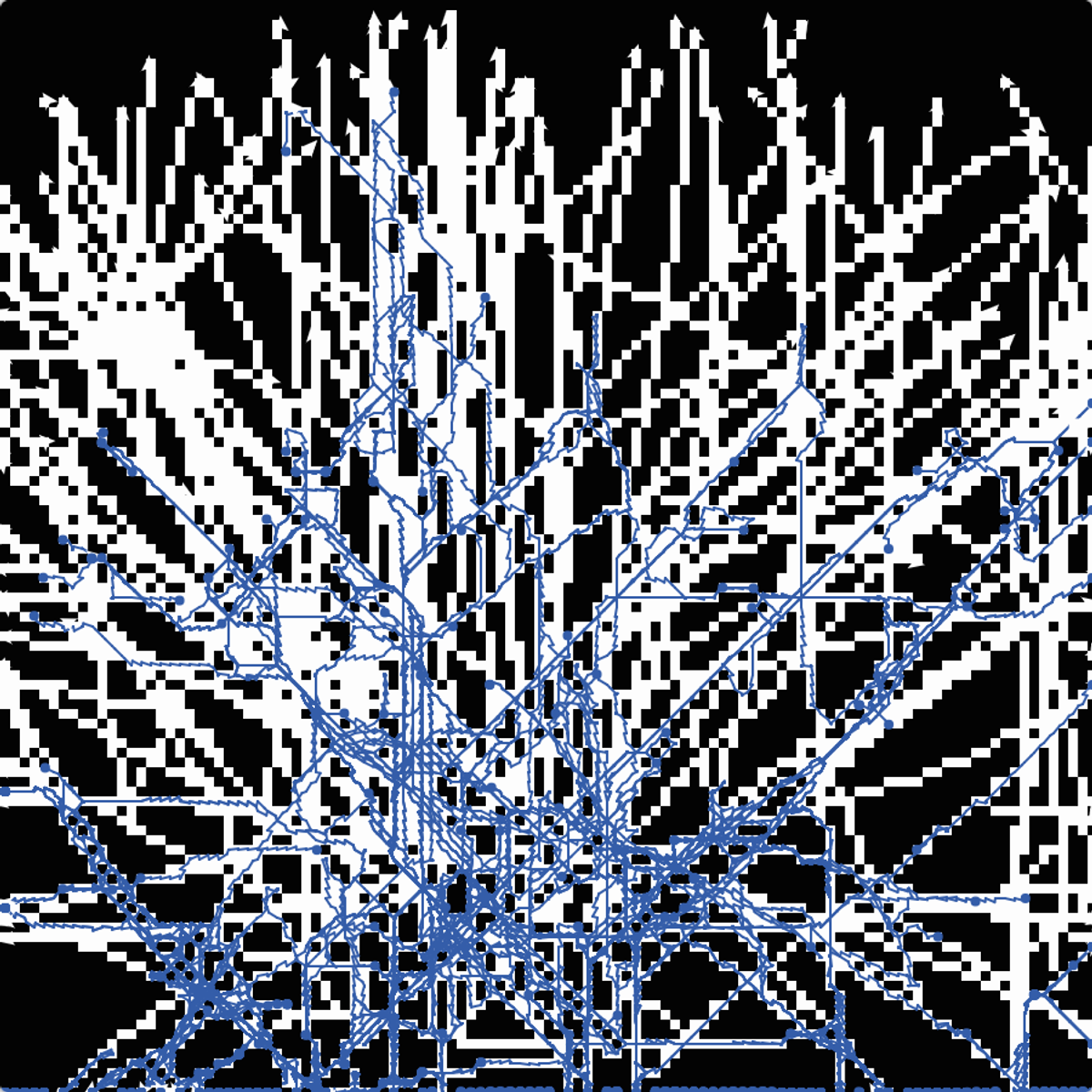

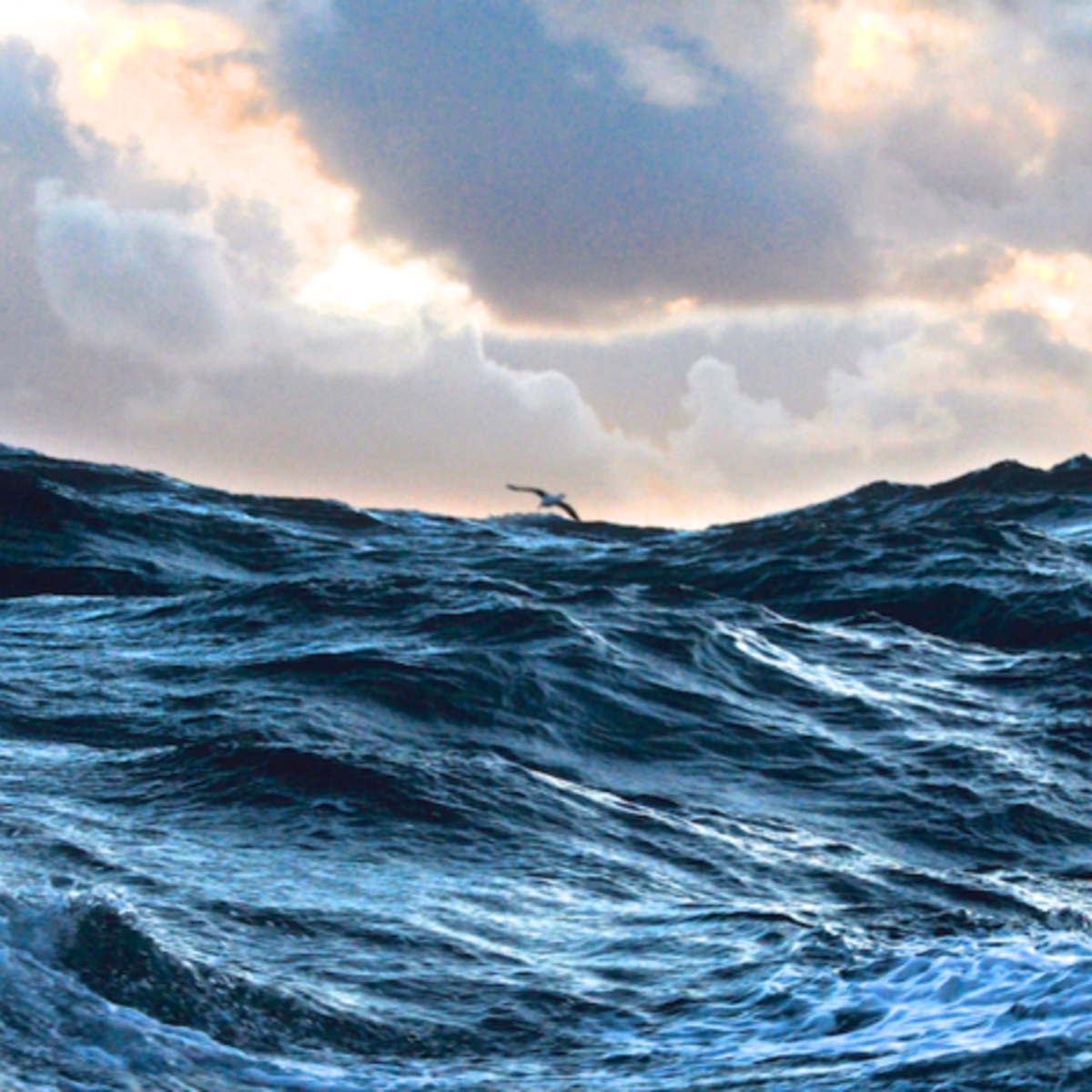

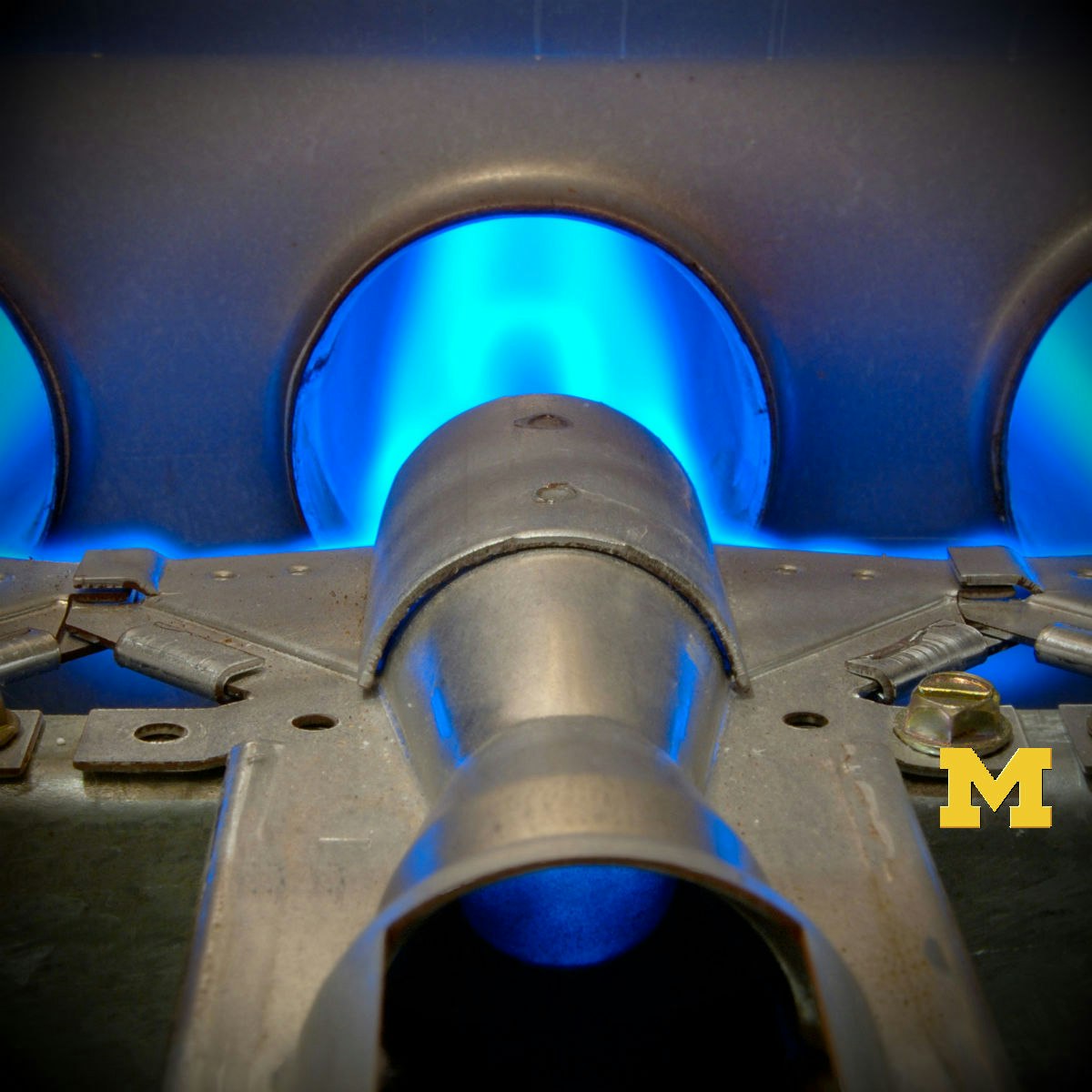
Environmental Science And Sustainability Courses - Page 13
Showing results 121-130 of 151

Introduction to GIS Mapping
Get started learning about the fascinating and useful world of geographic information systems (GIS)! In this first course of the specialization GIS, Mapping, and Spatial Analysis, you'll learn about what a GIS is, how to get started with the software yourself, how things we find in the real world can be represented on a map, how we record locations using coordinates, and how we can make a two-dimensional map from a three-dimensional Earth. In the course project, you will create your own GIS data by tracing geographic features from a satellite image for a location and theme of your choice. This course will give you a strong foundation in mapping and GIS that will give you the understanding you need to start working with GIS, and to succeed in the other courses in this specialization.
This course is for anyone who wants to learn about mapping and GIS. You don't have to have any previous experience - just your curiosity! The course includes both practical software training and explanations of the concepts you need to know to make informed decisions as you start your journey to becoming a GIS analyst.
You will need a Windows computer with ArcGIS Desktop installed. (software is not provided)

The Dynamic Earth: A Course for Educators
The AMNH course The Dynamic Earth: A Course for Educators provides students with an overview of the origin and evolution of the Earth. Informed by the recently released Next Generation Science Standards, this course examines geological time scales, radiometric dating, and how scientists “read the rocks.” We will explore dramatic changes in the Earth over the last 4 billion years, including how the evolution of life on Earth has affected its atmosphere. In addition to looking at geology on a global scale, participants will take to their own backyards to explore and share their local geologic history. Course participants will bring their understanding of the dynamic Earth - along with content resources, discussion questions, and assignments - into their own teaching.

Climate Change Mitigation in Developing Countries
This course challenges you to consider how one might lift societies out of poverty while also mitigating greenhouse gas emissions. We explore the inherent complexity of developing country governments wanting to grow their economies in a climate friendly way. You will be introduced to an approach with which to address this challenge. The approach consists of a facilitated process whereby academic researchers and high-level influential actors within society co-produce knowledge. You will track this process in four Latin American countries - Brazil, Chile, Colombia, Peru, and South Africa. You will hear from various professionals about their contexts and the different challenges and opportunities the process includes.
This course will cover topics such as facilitation process techniques, energy modeling, scenario building, innovation and policy making. You will have the opportunity to respond to these topics with ideas and reflection from your own context. Whether you are a climate change practitioner, work in development or are simply curious about how climate mitigation is understood, this course will give you insights into the complexity of how countries from the South pursue development goals while addressing climate mitigation.
The course is free to enroll and take. You will be offered the option of purchasing a certificate of completion, which you become eligible for if you successfully complete the course requirements. This can be an excellent way of staying motivated! Financial Aid is also available.

Planning & Design of Sanitation Systems and Technologies
Do you want to learn how to plan affordable and context-specific sanitation solutions? Be up-to-date on the newest developments in urban sanitation planning and programming? Get to know best practice examples of urban sanitation systems in low- and middle-income countries? If yes, this course is for you!
This course provides you with an introduction to integrated sanitation planning, both on a citywide scale and for specific contexts such as informal settlements. You will become familiar with different sanitation planning frameworks as well as different systems and technologies relevant along the sanitation value chain. You will learn why systems’ thinking is crucial for urban environmental sanitation, and how to apply key terminology and important concepts.
INSTRUCTION Eawag-Sandec and EPFL jointly offer this course with support from sanitation experts of the World Bank and WHO.
LANGUAGES We simultaneously offer this course in English and French. The name of the French course is « Planification & Design des Systèmes et Technologies d’Assainissement ».
MOOC SERIES This course is one of four in the series “Sanitation, Water and Solid Waste for Development".

Solar Energy System Design
Solar Energy System Design builds upon the introduction to PV systems from Solar Energy Basics course, which included basic system components and functions, as well as some basic system sizing using simplifying assumptions. You should at this point have a basic understanding of electrical power and energy, be able to calculate the energy needs of a site as well as energy production potential for a PV system at a given location under optimal conditions. Much of this course will focus on incorporating on the ground conditions into energy production considerations, and how to account for these conditions in system design and equipment selection. By the end of this course you should be able to incorporate losses in irradiance due to array setups with less than optimal positioning and/or shading, and account for variations in module output due to temperature variations in your system design.

Mycelium Growth with NetLogo Web
Underneath our feet, spreading across the globe, a magnificent being resides. As a living network, it breaks down compounds from minerals and dead plants and animals in the soil (and pollutants as well), only to distribute these nutrients to other living organisms. Therefore, providing the cyclical nature characteristic of Nature. When conditions are right, some of these organisms will fruit into beautiful mushrooms, some of which are incredibly nutritious and with miraculous medicinal properties. The organism described is the Mycelium, or the vegetative part of a fungus organism.
In this project we will create an agent based model that simulates possible mechanisms through which fungi mycelium grows, as observed through microscopic lenses. For that we will be working with NetLogo Web, a very powerful online modeling environment. Learns will be introduced to this environment, as well as the basics of the Logo programming language.
Note: This project works best for learners who are based in the North America region. We’re currently working on providing the same experience in other regions.

Electric Power Systems
This course familiarizes you with standards and policies of the electric utility industry, and provides you with basic vocabulary used in the business. It introduces the electric power system, from generation of the electricity all the way to the wall plug. You will learn about the segments of the system, and common components like power cables and transformers.
This course is for individuals considering a career in the energy field (who have a high school diploma, at minimum, and basic knowledge of mathematics), and existing energy sector employees with less than three years of experience who have not completed similar training and would benefit from a course of foundational industry concepts.
The course is a combination of online lectures, videos, readings and discussions.
This is the first course in the Energy Production, Distribution & Safety specialization that explores various facets of the power sector, and features a culminating project involving creation of a roadmap to achieve a self-established, energy-related professional goal. To learn more about the specialization, check out a video overview at https://www.youtube.com/watch?v=2Yh9qIYiUDk.

Oceanography: a key to better understand our world
The course for a round the world regatta leads the boats through the Mediterranean Sea and the Atlantic, Southern Indian and South Pacific Oceans. On their voyage, the skippers come across a large variety of oceanographic situations: strong currents, floating ice, wave formations of every kind and biological diversity.
In this course the student will learn about the foundations of the science of oceanography. You'll learn about the classification and formation of the ocean floor, how current sea satellite analysis systems work, the chemistry of the oceans and the processes that led to its formation.
To follow this course does not require previous knowledge of oceanography.

Renewable Energy: Fundamentals and Job Opportunities
This course prepares you to recognize the complexities and nuances of different renewable energy solutions, as well as relevant career opportunities (both technical occupations and roles not typically associated with clean energy). Learners are immersed in discussions about green energy technologies, the impact of sustainability on society, energy consumption in the United States and conservation. Topics include: tenets of green building design and construction, solar energy conversion through photovoltaic cells, wind turbine site selection and design, and nanotechnology applications in clean energy. It references educational opportunities from the State University of New York (SUNY) system that correlate with each clean energy market segment.
The course is suitable for anyone interested in entering the renewable energy field, whether fresh to the workforce or switching industries. Material encompasses online lectures, videos, demos, readings and discussions. Learners will create a career roadmap, whereby they define a job that interests them, conduct a gap assessment to determine additional education/training/skills they need, and document a pathway to their ideal renewable energy career.

Introduction to Thermodynamics: Transferring Energy from Here to There
COURSE DESCRIPTION
This course provides an introduction to the most powerful engineering principles you will ever learn - Thermodynamics: the science of transferring energy from one place or form to another place or form. We will introduce the tools you need to analyze energy systems from solar panels, to engines, to insulated coffee mugs. More specifically, we will cover the topics of mass and energy conservation principles; first law analysis of control mass and control volume systems; properties and behavior of pure substances; and applications to thermodynamic systems operating at steady state conditions.
COURSE FORMAT
The class consists of lecture videos, which average 8 to 12 minutes in length. The videos include integrated In-Video Quiz questions. There are also quizzes at the end of each section, which include problems to practice your analytical skills that are not part of video lectures. There are no exams.
GRADING POLICY
Each question is worth 1 point. A correct answer is worth +1 point. An incorrect answer is worth 0 points. There is no partial credit. You can attempt each quiz up to three times every 8 hours, with an unlimited number of total attempts. The number of questions that need to be answered correctly to pass are displayed at the beginning of each quiz. Following the Mastery Learning model, students must pass all 8 practice quizzes with a score of 80% or higher in order to complete the course.
ESTIMATED WORKLOAD
If you follow the suggested deadlines, lectures and quizzes will each take approximately ~3 hours per week each, for a total of ~6 hours per week.
TARGET AUDIENCE
Basic undergraduate engineering or science student.
FREQUENTLY ASKED QUESTIONS
- What are the prerequisites for taking this course?
An introductory background (high school or first year college level) in chemistry, physics, and calculus will help you be successful in this class.
-What will this class prepare me for in the academic world?
Thermodynamics is a prerequisite for many follow-on courses, like heat transfer, internal combustion engines, propulsion, and gas dynamics, to name a few.
-What will this class prepare me for in the real world?
Energy is one of the top challenges we face as a global society. Energy demands are deeply tied to the other major challenges of clean water, health, food resources, and poverty. Understanding how energy systems work is key to understanding how to meet all these needs around the world. Because energy demands are only increasing, this course also provides the foundation for many rewarding professional careers.
Popular Internships and Jobs by Categories
Browse
© 2024 BoostGrad | All rights reserved


